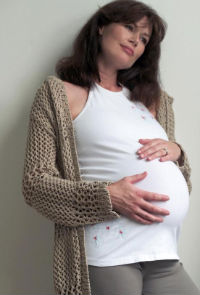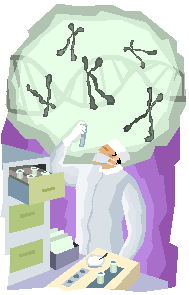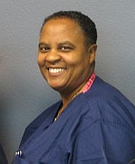 An embryologist is a scientist that works with sperm, eggs, and embryos. This field of work is known as embryology. Embryologists can work in human or animal embryology. Animal embryologist can help with breeding programs for a zoo, repopulation of endangered species, and breeding of livestock. Human embryologists work with infertility programs with the goal of helping couples have a baby.
An embryologist is a scientist that works with sperm, eggs, and embryos. This field of work is known as embryology. Embryologists can work in human or animal embryology. Animal embryologist can help with breeding programs for a zoo, repopulation of endangered species, and breeding of livestock. Human embryologists work with infertility programs with the goal of helping couples have a baby.
The embryologist in an in vitro fertilisation program (IVF) plays a vital role in the journey to pregnancy for a couple struggling with infertility. During the course of infertility treatments, the embryologist will be involved from the start to finish of an in vitro fertilization – IVF cycle. During the testing phase before IVF treatments, the embryologists will prepare the embryology lab for infertility treatments by regulating and testing environmental conditions in the embryology laboratory including temperature, air quality, and humidity. Ordering supplies and the culture media, or liquids used to grow the embryos, is also a necessary step when preparing to start an IVF cycle.
Testing of sperm and freeing sperm samples from couples about to undergo treatment is another job of the embryologist during the testing phase Often, an embryologist will also work in the role of an andrologist, which is an individual that works with sperm.
In the IVF program at California IVF: Davis Fertility Center, Inc., our embryologist Deborah Johnson conducts an educational seminar before patients undergo the egg collection procedure, or oocyte retrieval. This “egg class” is designed to introduce infertility patients to embryology and terminology used in an embryology laboratory.
During the egg retrieval procedure, embryologists receive test tubes containing liquid removed from the ovaries. The embryologist will search this fluid under a microscope and identify the eggs. The eggs are collected together and placed into petri dishes for the remainder of the IVF process. The embryologist is also responsible for fertilizing the eggs with sperm by conventional insemination techniques or intracytoplasmic sperm injection (ICSI).
ICSI is a more complicated procedure that involves using microscopic instruments to remove the cumulus cells surrounding the egg, allowing the embryologist to assess egg maturity and egg quality. After the sperm preparation procedure, an individual sperm is injected into each egg. When ICSI is not needed, sperm are placed in the dish with the eggs after the sperm preparation or sperm washing procedure is completed.
The day after the sperm and eggs are combined, the embryologist checks for fertilization by examining each egg under the microscope. Eggs that did not undergo ICSI will need to have the outer cells removed so the embryologist can perform the fertilization check. The fertilized eggs, or zygotes, are placed into an incubator that has been regulated to control gas mixture, temperature, and several other conditions. Optimal conditions in the embryology laboratory will allow the zygote to progress to the cell division stage, at which point the zygote becomes an embryo. The embryologist will check on the embryos and change the culture media as needing during the 3 to 5 days before the embryo transfer procedure.
Embryologists also perform embryo biopsy procedures on embryos at day 3 or day 5. During the embryo biopsy procedure, an embryologist must rely on experience to remove a single cell from an embryo while minimizing the risk of damage to the embryo. The embryologist will work with the laboratory performing the genetic test and coordinate the handling of the cells and test results. The embryologists skill at performing micromanipulation procedures on embryos can play a vital role in the success of IVF.
Using micro-surgical techniques, embryologists may also perform assisted hatching on embryos. During this procedure, microscopic tools are used to thin the outer shell of embryos and make a hole in the zona pellucida to facilitate the hatching process. The embryologist will also assess the quality of the embryos and provide the infertility doctor with a report on embryo quality. This information is used to determine if there are any issues with poor embryo quality that could affect the chances of a pregnancy.
When the best quality embryos are identified, the embryologists will load the embryos into the transfer catheter and work with the doctor to perform the embryo transfer procedure. Any remaining embryos that are not transferred and appear to have the capability of making a pregnancy, are frozen for later use. The embryologist is responsible for the cryopreservation of extra embryos during the IVF process.
Embryologists usually obtain their training in biologic sciences. Many embryologist gain their initial experience in animal laboratories before transferring into human IVF. Over the last few years, embryology training programs for human IVF have been formed. It is likely that there will be more of these programs in the future. Regardless of the training background of an embryologist, hands on experience is one of the most critical factors in an IVF lab.
California IVF: Davis Fertility Center, Inc. has some of the most experienced embryologists with over 30 years combined experience. Their experience allows us to easily adapt to developments in embryology that will help our family maximize our patient’s chances of having a baby.
— © California IVF: Davis Fertility Center, Inc. Male and female infertility specialists near Sacramento.
Article source: http://feedproxy.google.com/~r/CaliforniaIvfDavisFertilityCenterInc/~3/K9UaGYkXpao/what-does-embryologist-do-infertility.html
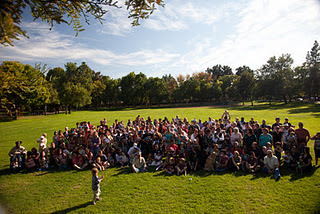
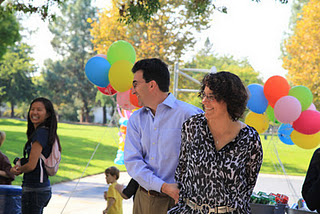
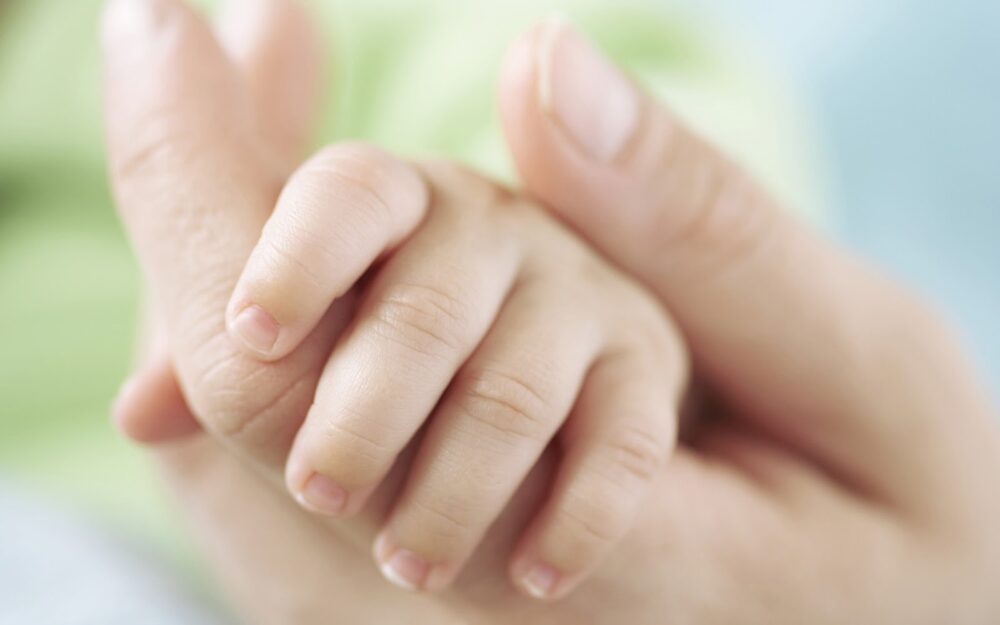
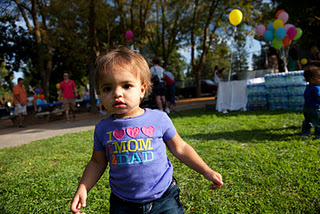
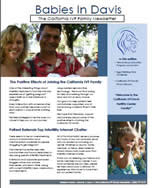
 An embryologist is a scientist that works with sperm, eggs, and embryos. This field of work is known as embryology. Embryologists can work in human or animal embryology. Animal embryologist can help with breeding programs for a zoo, repopulation of endangered species, and breeding of livestock. Human embryologists work with infertility programs with the goal of helping couples have a baby.
An embryologist is a scientist that works with sperm, eggs, and embryos. This field of work is known as embryology. Embryologists can work in human or animal embryology. Animal embryologist can help with breeding programs for a zoo, repopulation of endangered species, and breeding of livestock. Human embryologists work with infertility programs with the goal of helping couples have a baby.